STORY presents 8 distinct demonstrations, providing a profound basis for further analyses of the impact of storage in the distribution grid. However, the policy and regulation recommendations are much more relevant if based on a wider range of demonstrators and experiences, covering more countries, technologies and business models. Therefore, STORY takes a leading role in the dialogue and exchange of experience amongst all accepted LCE6-10 projects funded under Horizon 2020.
The different projects are introduced below, a click will open their specific project website.
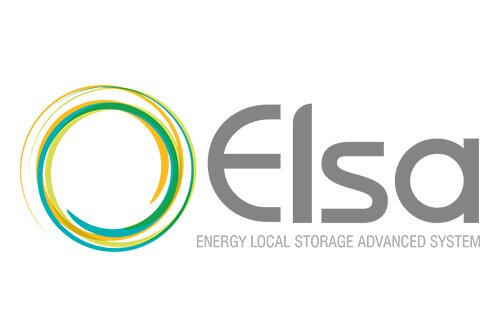
The project Energy Local Storage Advanced system (ELSA) brings distributed storage solutions to maturity. Its objective is to enable their integration into the energy system and their commercial use.
ELSA addresses existing development needs by combining 2nd life batteries with an innovative local ICT-based Energy Management System in order to develop a low-cost, scalable and easy-to-deploy battery energy storage system.
The project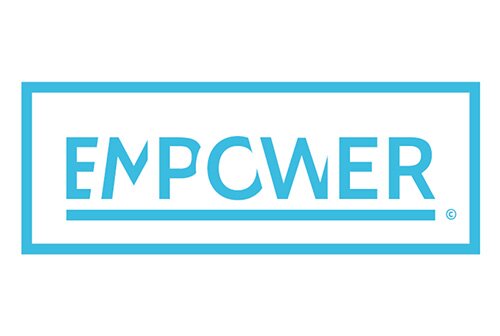
The Horizon2020 project EMPOWER is a 3-year research and innovation project with a budget of €6.1M and partners from Norway, Spain, Germany, Switzerland and Malta.
The objective of the project is to develop an entirely new energy market in Europe where consumers can buy and sell locally produced energy from solar panels, micro wind turbines and other decentralized energy production sources. The result will be the offloading of central and regional electricity grids, increased local electricity production and cheap renewable electricity to consumers. Moreover, local electricity storage in battery stations and electric vehicles will play an important role in the future decentralized energy market. Storage will increase the ability to balance power distribution at any time and thus represents an important supplement to balancing power from remote power plants.
The project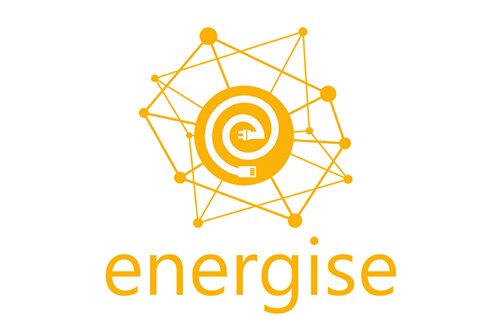
ENERGISE is a research project of the EU Commission, facing the question of how ICT infrastructure of tomorrow can be combined with the electric grid. In this regard, the project will analyse costs and benefits, as well as focusing on the problem of finding a basis for the expansion of smart grid infrastructure: independent proprietary communications networks of the electrical utilities or structures shared by the energy and telecommunications sectors?
The goal of ENERGISE is to provide an expert tool that can be used to decide whether to expand the ICT infrastructure in shared or dedicated form. In addition, ENERGISE offers all participating stakeholders a platform for discussion, enabling them to share information on trends and developments in the area of “ICT infrastructure for smart grids.”
The project
Flex4Grid aims at creating an open data and service framework that enables a novel concept of managing flexibility of prosumer demand and generation, utilising cloud computing for power grid management and opening Distribution System Operator infrastructure for aggregator services.
The Flex4Grid system will include a) a data cloud service with anonymised interface and advanced security and privacy mechanisms for data exchange and service management, b) prosumer generation and demand flexibility, and c) a more viable business model to accelerate the deployment.
The project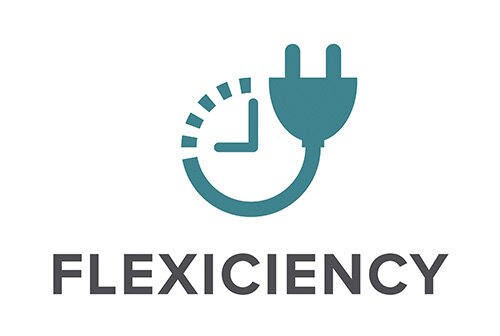
The FLEXICIENCY project aims to demonstrate that the deployment of novel services in the electricity retail markets (ranging from advanced monitoring to local energy control, and flexibility services) can be accelerated thanks to an open European market place based on standardised interactions among all the electricity stakeholders, opening up the energy market also to new players at EU level.
The project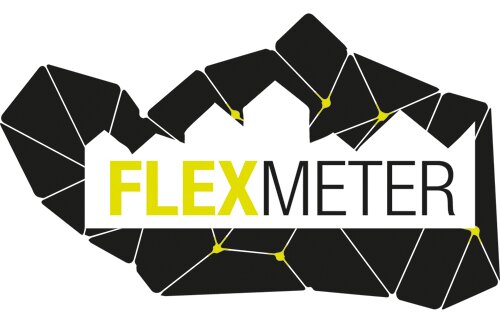
The FLEXMETER project focus is the development and demonstration of a flexible smart metering architecture, based on cheap and already available components, that can be implemented in a plug and play way, combining metering of different services (electricity, water, gas, district heating), providing advanced services to the users, to the DSOs and to the other utilities, and enhancing the possibilities of the retail market.
In the FLEXMETER project two pilot applications in two different countries (Italy and Sweden), on real distribution systems, with the involvement of the local DSOs and volunteer prosumers will be demonstrated.The results on the demonstrators will then be scaled up to the size of the cities in order to evaluate the advantages on a real scale.
The NAIADES project aims to develop and demonstrate the ambient Na-ion battery under realistic conditions as an effective alternative to the Li-ion battery for stationary Electric Energy Storage (EES) application.
The overall purpose of this project is to develop a battery technology based on the sodium ion technology for sustainable EES that would bring a radical decrease in cost with respect to the lithium ion technology while ensuring sustainability and performance in terms of safety, cycle life, and energy density.
The project’s website is expected to become, not only the central point of information about the NAIADES project, but about any project related to the Na-ion technology in the world.
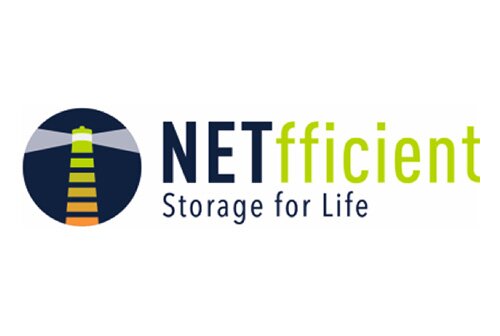
NEfficient project improves the penetration of renewable energy through the use of ICT tools storage and high technology, as well as individual prosumers or as energy service providers to the network.
Five use cases will be developed in real live scenario in the island of Borkum (low and medium voltage), aiming to have a high impact in the storage market through replication of the use cases. This replication will be driven by efficient dissemination and exploitation activities and their demonstrated business models.
The project
NOBEL GRID will offer innovative solutions for all the actors of the Smart grid, in order to create more secure and stable Smart Grids and cleaner and affordable energy. In addition, to make possible an efficient implementation of these solutions, the project will work on the analysis of new business models, as well as improvements in legislation and regulation in the field of the Smart Grids.
With a budget of 13.9 million euros and 21 partners led by the Spanish group ETRA, the project results will be demonstrated in real conditions in five electric cooperatives and public organizations in five different European countries, such Spain, UK, Italy, Belgium and Greece, involving all the actors of the electricity distribution network, such as DSOs, Prosumers, aggregators, ESCOs and retailers.
The project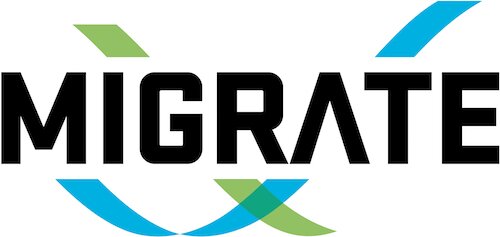
MIGRATE stands for Massive InteGRATion of power Electronic devices. The aim of MIGRATE is to find solutions for the technological challenges the grid is currently and especially in future faced with, in particular with the increasing share of renewable energy which is integrated into the grid. The project will try to develop new approaches, paving the way for the implementation of power electronic devices in large scale. European TSOs, manufactures and universities/research centers have joined the consortium in order to investigate such challenges. MIGRATE’s aim is to provide requirements for future measures, methods and tools for a secure operation of the upcoming converter dominated power system in order to avoid potential coming blackouts.
The project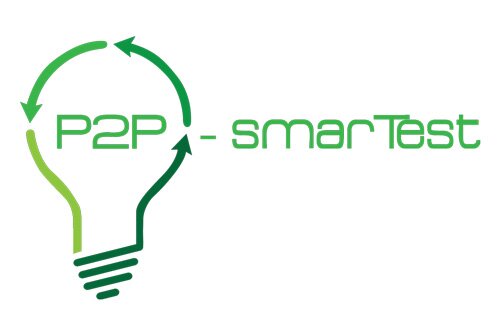
P2P-SmartTest project investigates and demonstrates a smarter electricity distribution system integrated with advanced ICT, regional markets and innovative business models. It will employ Peer-to-Peer (P2P) approaches to ensure the integration of demand side flexibility and the optimum operation of DER and other resources within the network while maintaining second-to-second power balance and the quality and security of the supply. The results will be integrated to demonstration and validation environment to provide real-life results of distributed energy system designs.
The project
RealValue project commenced in June 2015 and is a €15.5m European energy storage project funded by Horizon 2020, the largest Research and Innovation Programme in Europe (€12M funding from the EC). The duration of the Project is 36 months.
RealValue aims to demonstrate how local small-scale energy storage, optimised with advanced ICT, could bring benefits to market participants throughout EU. Smart Electric Thermal Storage (SETS) will be deployed in physical demonstration trials in 1250 homes in Germany, Latvia and Ireland but the analysis will also consider other storage technologies and energy vectors, including integration with district heating and micro-generation.
The project

The overall objective of Project Sensible is to develop, demonstrate and evaluate a storage-enabled sustainable energy supply for buildings and communities.
The project will work towards achieving the 2030 target set by the European Union, namely to reduce green house gas emissions by 40% and create a sustainable energy supply.
A wide range of partners will work together to demonstrate that EU 2030 targets can be met on a local level, through intelligent integration of existing small-scale technologies with local power system grids.
The project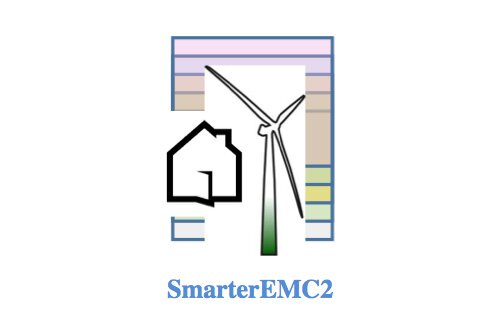
SmarterEMC2 implements ICT tools that support the integration of consumers through Demand Response services and the integration of DG/RES through Virtual Power Plants. These tools take into account the Smart Grids Architecture Model (SGAM) as well as the future structure of the Distribution Network, as described by the relevant EU bodies and organizations. The project explores whether the existing telecommunication infrastructure is sufficient to support in mass scale the emerging business models and Smart Grid services. Also, the project supports standardization activities by proposing adaptation to data models of market-oriented and field-level standards. SmarterEMC2 the project includes 3 real-world pilots and 3 large-scale lab simulations. The pilots will demonstrate the impact of DR and VPP services in real world settings, while the simulations will reveal the ability of the communication networks to support massive uptake of novel SG services.
The project

Storing large amounts of electric energy from renewable energy sources will enable countries to deal with long periods without sufficient sun and wind available, as e.g. during a dull November. A process called Power-to-Gas (PtG) allows for storing the surplus of renewable energies on sunny or windy days by the creation of synthetic natural gas. The project STORE&GO focuses on the integration of PtG into the daily operation of European energy grids to investigate the maturity level of the technology. Three different demonstration sites offer highly diverse testing grounds for PtG. Moreover, three different innovative methanation processes will be developed and improved to a high Technology Readiness Level.
The project
TILOS (Technology Innovation for the Local Scale Optimum Integration of Battery Energy Storage) aims to demonstrate the optimal integration of local scale energy storage in a fully-operated, smart island microgrid on Tilos island, Greece, that will also communicate with a main electricity grid. The main objective of the project will be the development and operation of a prototype battery storage system, based on NaNiCl2 batteries, provided with an optimum, real-environment smart grid control system and coping with the challenge of supporting multiple tasks, ranging from microgrid energy management, maximization of RES penetration and grid stability, to export of guaranteed energy amounts and provision of ancillary services to the main grid.
The projectThe UPGRID (Real proven solutions to enable active demand and distributed generation flexible integration through a fully controllable LV and MV distribution grid) project, started in the beginning of 2015 under the H2020 programme and will be developed by a European consortium, composed of 19 partners from 7 European countries: Portugal, Spain, Poland, Sweden, United Kingdom, France and Norway (the latter is an associate country).
The project will include 4 demonstrators that will start being installed in six months, in January 2016, at Bidelek Sareak, in Bilbao (Spain), at Parque das Nações, in Lisbon (Portugal), in Gdynia, Gdansk area (Poland), and in a rural area in the south of Sweden.
The projectSubscribe to get all news on STORY and on all LCE 6-10 projects!